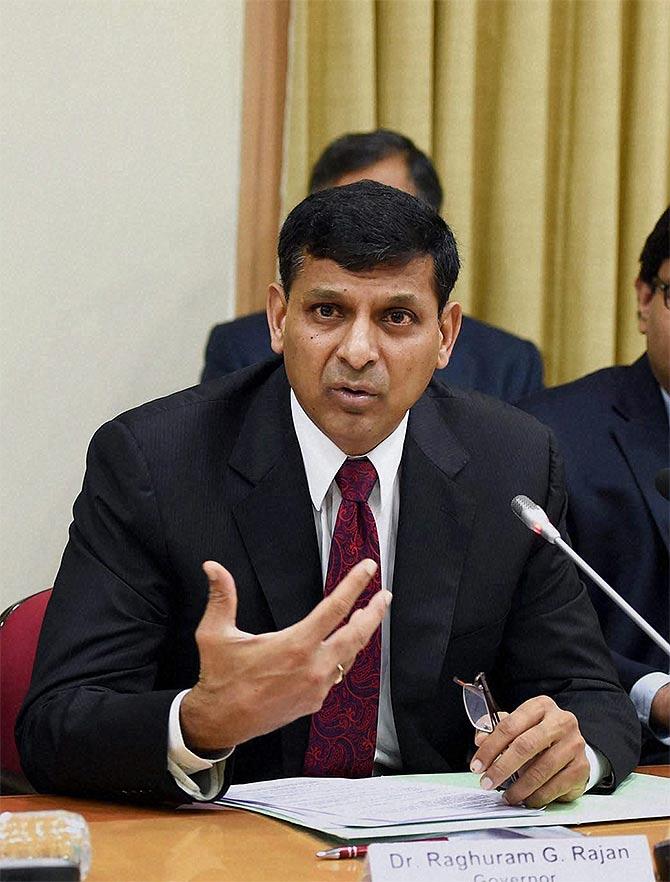
There are enough dovish signals in the governor’s statement to indicate a pro-growth policy going forward.
In line with market expectations, Reserve Bank of India governor Raghuram Rajan on Tuesday left key interest rates unchanged. The repo rate and cash reserve ratio (CRR) remained at 8 per cent and 4 per cent, respectively.
However, the RBI cut statutory liquidity ratio (SLR) by 50 basis points to 22 per cent in an attempt to free up resources for banks.
Though the governor seems more bullish on the economy he continues to remain cautious on the inflation front. There are however, enough dovish signals in the governor’s statement to indicate a pro-growth policy going forward.
Here are five key takeaways from the RBI’s third bi-monthly monetary policy statement.
Economic Activity: The governor seems bullish in his statement when he says that domestic economic activity appears to be reviving with incoming data suggesting a firming up of industrial growth and exports. A survey conducted by the RBI in June also points to improvement in business expectations in Q2.
Please click NEXT for more...
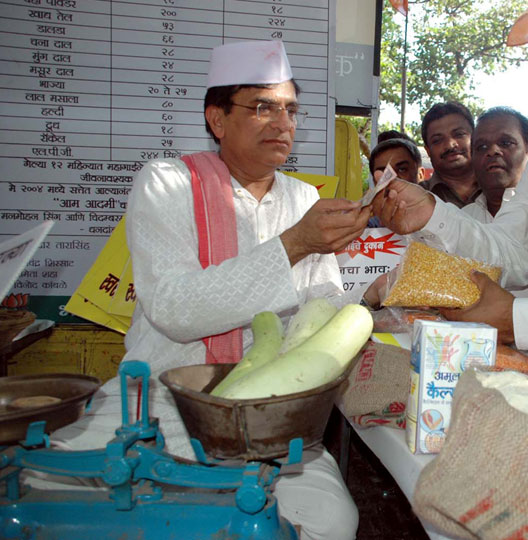
Inflation: Rajan remains cautious on the inflation front though retail inflation measured by the consumer price index (CPI) has eased for the second consecutive month in June, with a broad-based moderation accompanied by a slowing of momentum.
In the press conference Rajan said that the economy is now in a much better position to fight inflation risks. He said that he is not too worried about food inflation and is confident that the government will take steps to control it.
However, the monsoon could play the spoilsport, he warned. The governor’s statement suggests that it would be premature to conclude that future food inflation, and its spill-over to broader inflation, can be discounted.
Please click NEXT for more...
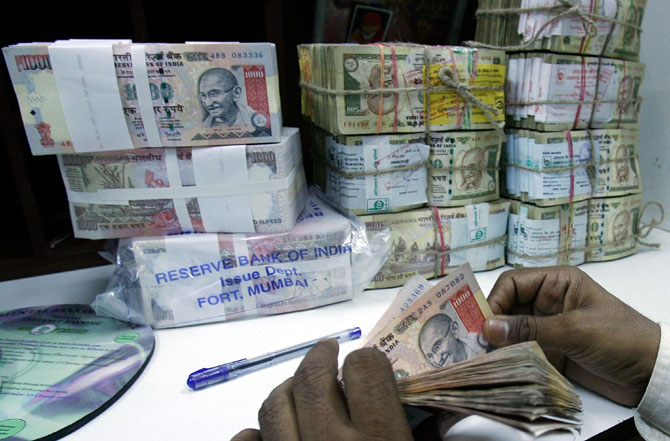
Liquidity: By reducing the SLR, the central bank has pumped in liquidity in the system.
The chairman of the State Bank of India, the country’s largest, said that the move would help bring in Rs 6,500 crore (Rs 65 billion) in the system for the bank.
RBI has also cut the ceiling on debt that must be held-to-maturity (HTM) by half a percentage point to 24 per cent. Bankers, however, had been expecting the RBI to align HTM to SLR rates.
Please click NEXT for more...
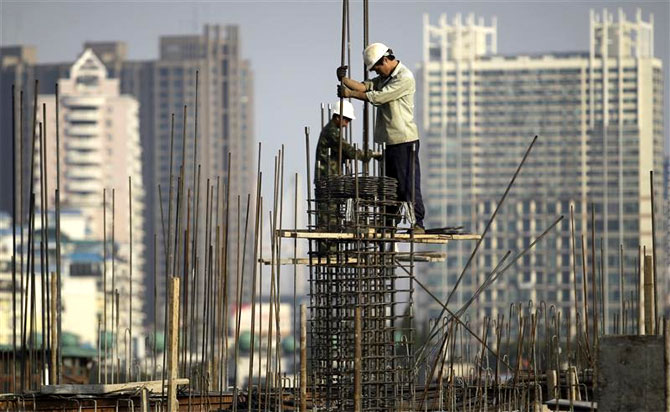
Growth Rate: Rajan said that the prospects for reinvigoration of growth have improved modestly. Pick up in export growth should support manufacturing and service sector activity.
The governor is hopeful of achieving the 5.5 per cent GDP growth target if the recent pick-up in industrial activity is sustained in an environment conducive to the revival of investment and unlocking of stalled projects, with ongoing fiscal consolidation releasing resources for private enterprise, external demand picking up and international crude prices stabilising.
Please click NEXT for more...
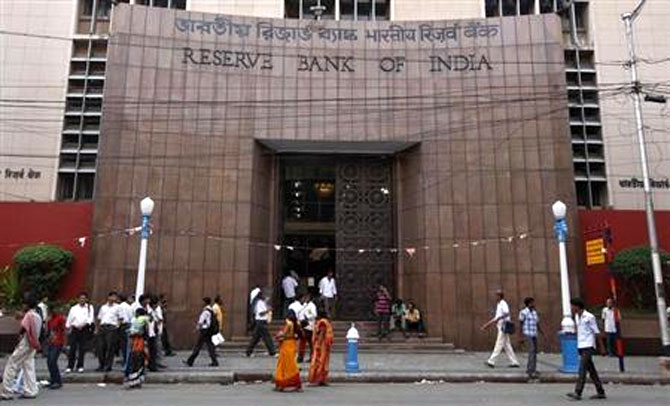
Road Ahead: Rajan said that he won't hold rates longer than necessary.
The SLR cut will help government manage its financials better and will help banks to lend more to the productive sector.
Risks to achieving the 6 per cent inflation target by January 2016 are on the upside, though Rajan is hopeful of maintaining the 8 per cent CPI mark by January 2015.